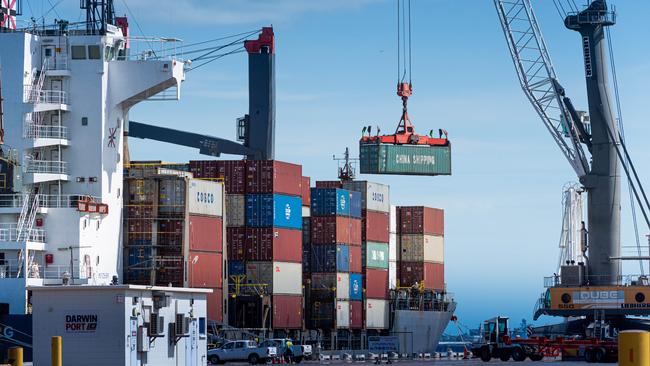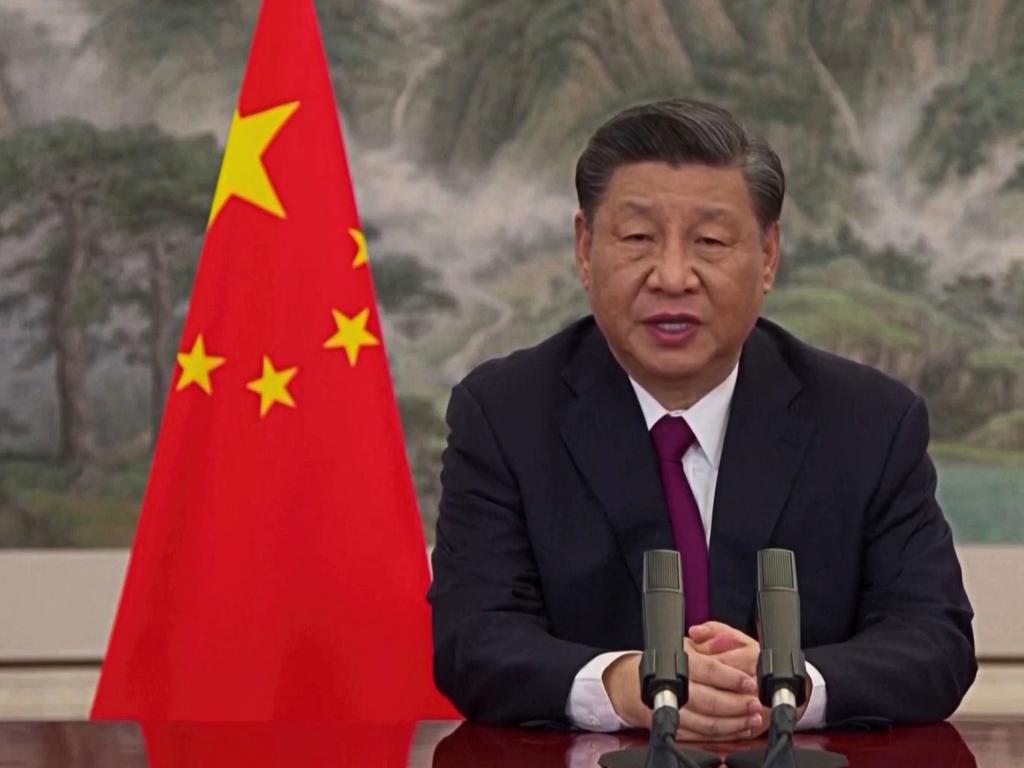How the West lost out with its bet on China
We, in Australia, have profited handsomely from China’s rapid growth — but we’ve lost badly in the gamble.

Aaron Friedberg is Professor of Politics and International Affairs at Princeton University. His career focus has been the grand strategy of the United States, during and after the Cold War, with a particular focus on the rise of China and its implications, since the turn of the century. His first book was The Weary Titan: Britain and the Experience of Relative Decline (1895-1905). His abiding concern has been the sustainability of the Pax Americana.
In A Contest for Supremacy: China, America and the Struggle for Mastery in Asia (2011) was the labour of a decade. He spent six weeks at Australia’s own Australian Strategic Policy Institute in 2002, as the guest of Hugh White and Alan Dupont, enabling him, he wrote, “to gain some fresh perspective on Asian security issues”. He did not draw the conclusion that China was a benign power, or that it would likely become one.
He dedicated the book to Andrew Marshall (1921-2019) and Samuel P. Huntington (1927-2008), as “teachers, mentors and exemplars”. Both were giants of American strategic thinking. Each would, I think, have cast an approving eye on his latest offering and have agreed with his verdict. Between the death of Mao Zedong and the ascent of Xi Jinping, led by the United States, the liberal democracies gambled that drawing China into international trade would prompt it to follow the path blazed by Japan, South Korea and Taiwan – liberalising economically, then democratising.
Such was the scale and rapidity of China’s growth that it was very difficult to let go of this assumption in the wake of the bloody suppression of the democracy movement in Tiananmen Square (33 years ago this month). Rather, drawing it into the world trade system was deemed the solution to the problem. The stakes were high, the bet was long. We, in Australia, profited handsomely from China’s rapid growth, but we lost the bet on China’s liberalisation. Under Xi Jinping, this is now the least likely scenario for China’s evolution in the coming decades.
Meanwhile, its intense militarisation makes it increasingly a more ominous danger than Putin’s Russia has already proven itself to be.
Friedberg tracks all of this concisely and authoritatively. His conclusions are grim. Not simply the United States as what the broad Left see as an imperial power, but the liberal order that has underpinned peace and prosperity since World War II is being systematically challenged by China under Xi Jinping. There are no doves in Beijing, he argues. We must find a way, across every domain of international competition, to thwart the hawks, which is to say the hubris and inveterate Leninism of the Chinese Communist Party. This will require “othering” the Party, without “othering” China as such. There lies the delicacy.
As a piece of analysis, Getting China Wrong is first class. As a prescription for strategy, it is just a beginning. But it ought be read as widely as possible in Australia, because we have a substantial cadre of pundits in this country who take a very different view of the situation. The most recent offering from that direction is Carrillo Gantner’s political pamphlet, Dismal Diplomacy, Disposable Sovereignty: Our Problem with China and America, which is little more than a tirade against Australia and an encomium on Xi’s China.
Gantner (verb, to loftily patronise), a scion of the Myer business family and long-time patron of the Asialink centre at the University of Melbourne, lays all the blame for our current problems with China at our own doorstep and pretends to an authoritative understanding of China based on his experience of friendly cultural exchanges with the Party and its minions over the past few decades. It will, doubtless, be warmly greeted in Beijing and make Gantner even more welcome at the PRC Embassy than the good Richard Marles. This contest of ideas is just beginning, here and abroad. Read Getting China Wrong – and think about this: China has jettisoned its traditional limited nuclear deterrence posture and is rapidly expanding its nuclear arsenal, seeking parity with Russia and America, while refusing to engage in arms control talks. As Andrew Krepinevich Jr points out, in a seminal essay in the May/June issue of Foreign Affairs, this will create a tripolar nuclear balance within a decade, which is inherently less stable than the bipolar Cold War one.
That balance of terror was bad enough. The emerging, China-propelled one will be far more perilous. This is for two reasons. First, the “three-body problem”, a term derived form astrophysics, which basically means that mutual deterrence between three powers is far more chaotic than between two. Second, China’s idea of “deterrence”, weishe, is different from the Western term. It includes coercing an opponent into pursuing a course of action it would not otherwise undertake. This is the context for reading and heeding Friedberg.
Paul Monk is former head of the China desk in the Defence Intelligence Organization, and the author of Thunder from the Silent Zone: Rethinking China and Dictators and Dangerous Ideas, among other books.
Getting China Wrong
Dismal Diplomacy, Disposable Sovereignty: Our Problem with China & America








To join the conversation, please log in. Don't have an account? Register
Join the conversation, you are commenting as Logout